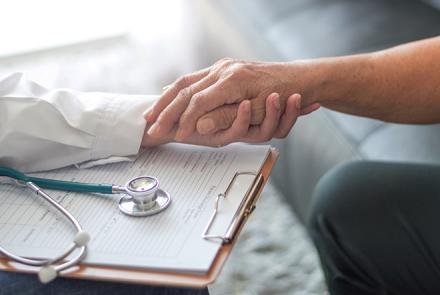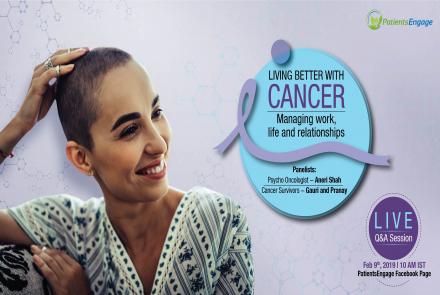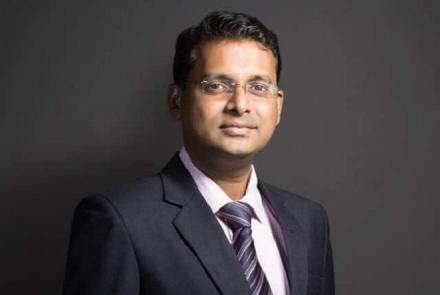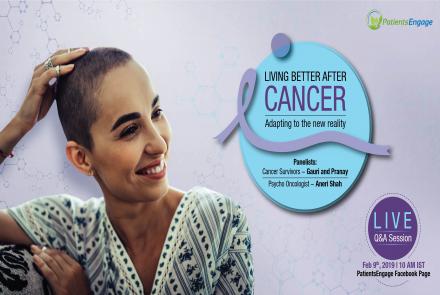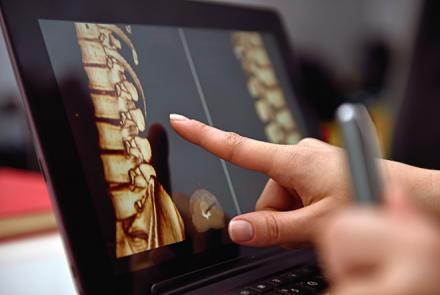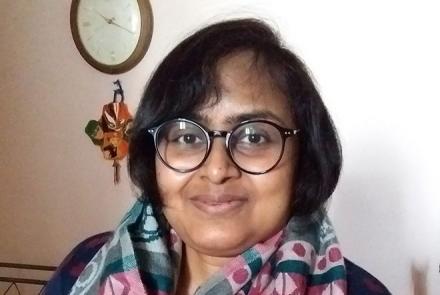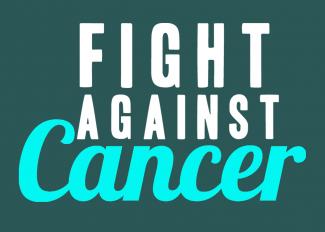
The FDA initially approved XTANDI, an oral, once-daily androgen receptor inhibitor, in August 2012 for use in patients with metastatic CRPC who previously received docetaxel (chemotherapy). The new indication approves XTANDI for use in men with metastatic CRPC who have not received chemotherapy. Metastatic CRPC is defined as a cancer that has spread beyond the prostate gland and has progressed despite treatment to lower testosterone (i.e., with a gonadotropin-releasing hormone (GnRH) therapy or with removal of the testes).
In the Phase 3 PREVAIL trial, men receiving XTANDI and GnRH therapy exhibited a statistically significant improvement in both overall survival and delayed time to radiographic progression or death as compared to those on placebo and GnRH therapy.
The most common adverse reactions (≥ 10%) that occurred more commonly (≥ 2% over placebo) in the XTANDI-treated patients from the two randomized clinical trials were asthenia/fatigue, back pain, decreased appetite, constipation, arthralgia, diarrhea, hot flush, upper respiratory tract infection, peripheral edema, dyspnea, musculoskeletal pain, weight decreased, headache, hypertension, and dizziness/vertigo.

